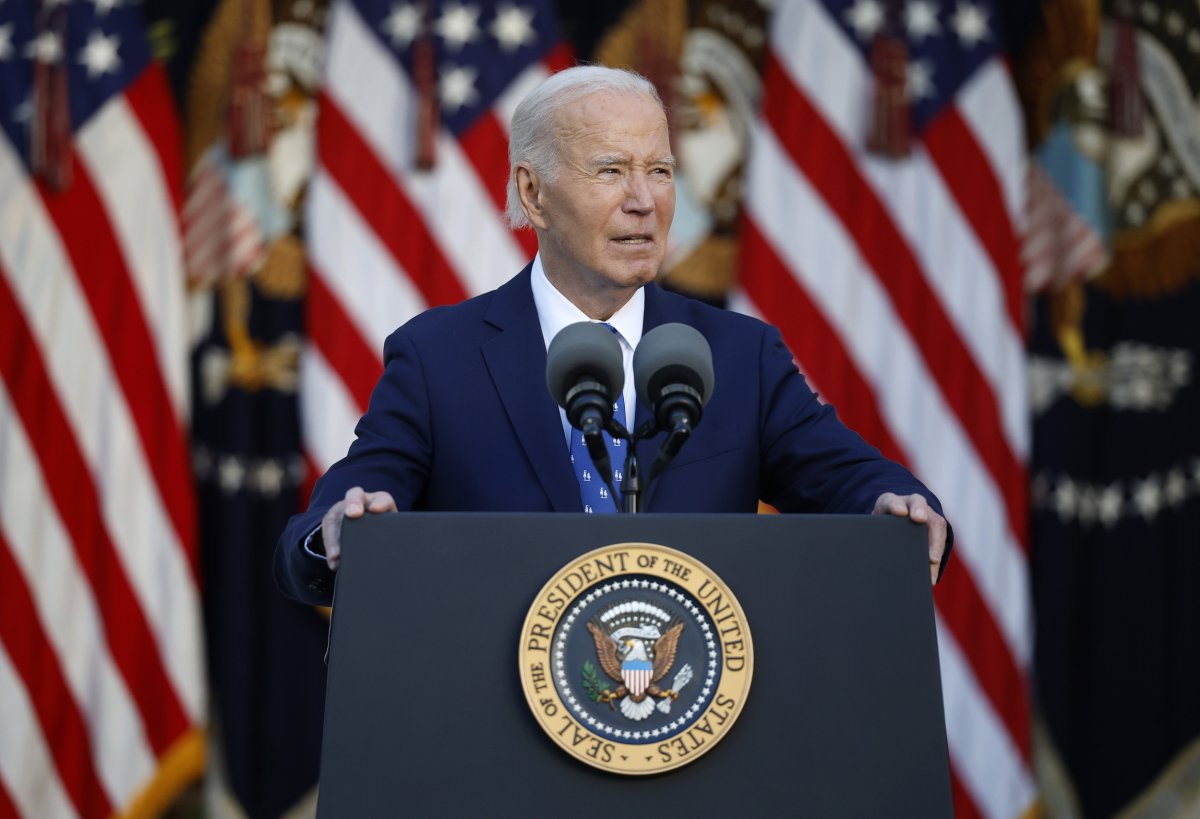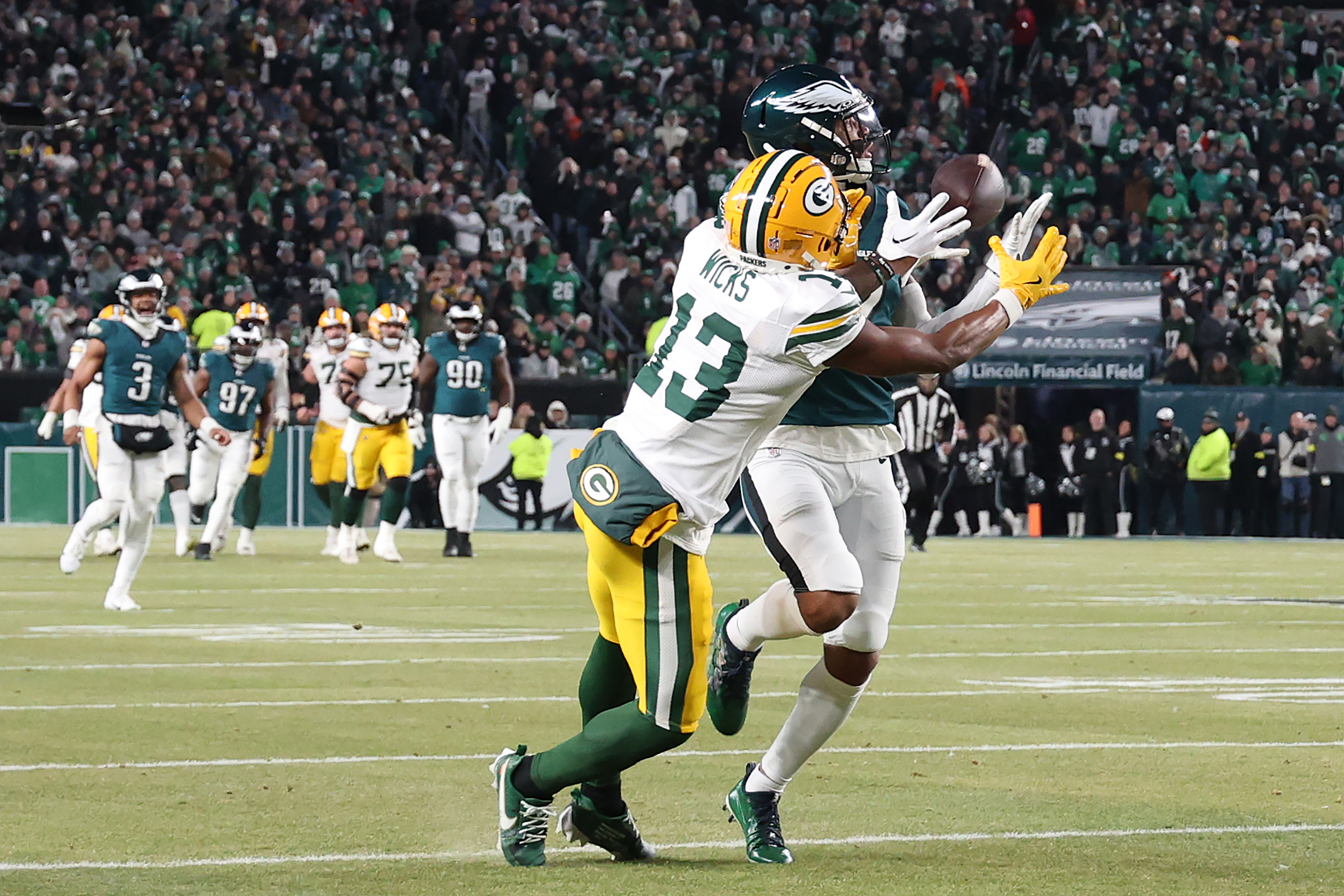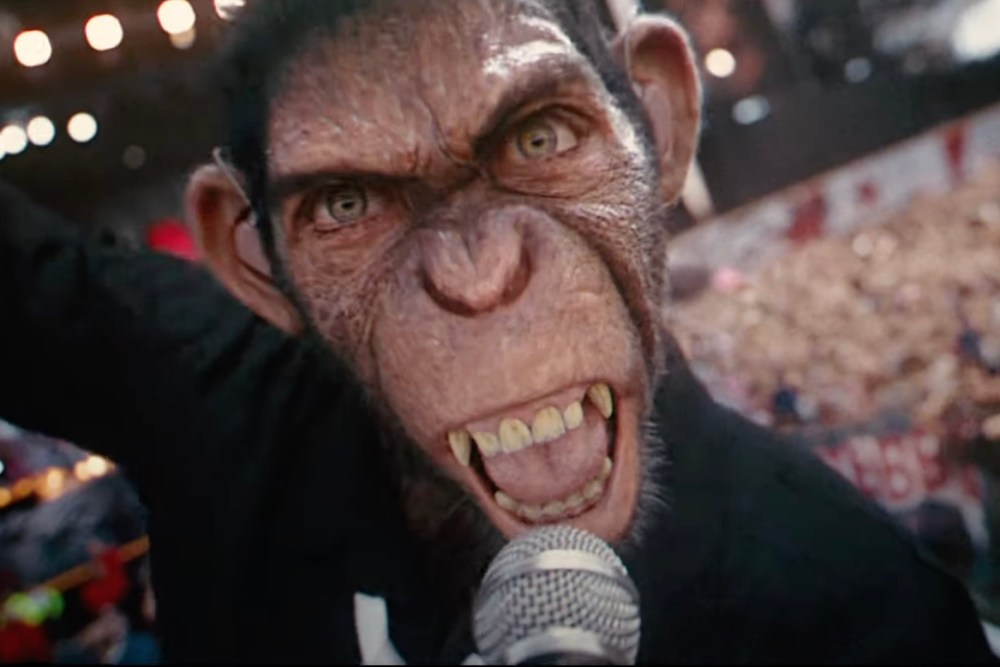Outgoing President Joe Biden is said to be considering preemptive pardons for a number of officials and allies who could be targeted by Donald Trump when he takes up the presidency next month.
Historically, pardons are issued to those who have already been accused of specific crimes, such as in the case of Biden recently pardoning his son Hunter Biden. Preemptive pardons, though unusual, do have a historical precedent.
Pardons for crimes that people have not yet been accused of are currently being deliberated by White House lawyers, and Biden has discussed the issue with senior aides, ABC News reported.
There are fears that Donald Trump may go after his enemies when he takes up the presidency for a second time in January. The president-elect has talked about "locking up" senior political figures, such as Liz Cheney, while Kash Patel, Trump's pick for director of FBI, also reportedly has a list of people he wants to "come after."

If preemptive pardons are issued, it's likely they will be given to a range of people. These may include Anthony Fauci, who led the COVID-19 response and is unpopular with conservatives; Liz Cheney, who campaigned against Trump in the election; and California Democratic Senator-elect Adam Schiff, who led the first Trump impeachment trial. The consensus on such pardons among Democrats is divided.
In a statement on Wednesday, Democratic representative Brendan Boyle voiced his support for Biden to issue a "blanket pardon" for those at risk of being vindictively targeted by Trump – something he described as "no hypothetical threat."
On the other hand, Schiff – potentially in line for a preemptive pardon himself – voiced his resistance against Biden issuing such pardons.
Last month Schiff told NPR: "I would urge the president not to do that. I think it would seem defensive and unnecessary."
Newsweek has emailed the White House press office for comment.
'What Does a Preemptive Pardon Mean?'
A preemptive pardon is a pardon that is granted before any formal legal proceedings against the individual have begun.
This compares to the more traditional form of pardons, which are issued during legal proceedings, or after a conviction.
Are Preemptive Pardons Legal?
Searches on whether preemptive pardons are legal have risen by 150 percent over the course of the past day.
Preemptive pardons sound unusual, but they are legal.
The Supreme Court case of Ex parte Garland in 1866 sets down that "the power of pardon conferred by the Constitution upon the President is unlimited except in cases of impeachment. It extends to every offence known to the law, and may be exercised at any time after its commission, either before legal proceedings are taken or during their pendency, or after conviction and judgment."
The Supreme Court has interpreted the power of pardoning as "plenary," meaning that legislation can't restrict it.
Presidential pardons also have historical precedent.
Has a President Ever Used Preemptive Pardons?
The most famous case of a preemptive pardon was in 1974 when President Gerald Ford granted his predecessor Richard Nixon a "full, free and absolute pardon" over the Watergate scandal.
Ford reasoned that any trial of Nixon would "cause prolonged and divisive debate over the propriety of exposing to further punishment and degradation a man who has already paid the unprecedented penalty of relinquishing the highest elective office of the United States."
In 1992, outgoing President George H.W. Bush pardoned former Defense Secretary Caspar Weinberger before he was brought to trial over the Iran-Contra affair.
Abraham Lincoln issued preemptive pardons in the Civil War and Jimmy Carter also preemptively pardoned Vietnam draft-dodgers in 1977.




















 English (US) ·
English (US) ·